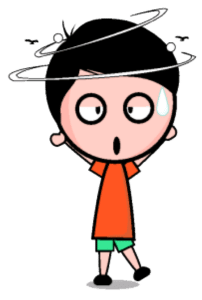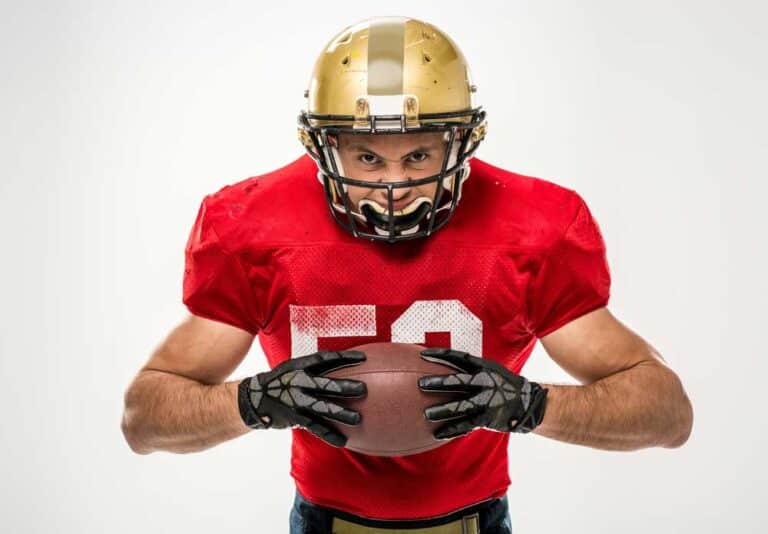The football pads are out, the shin guards are on, and youth athletes of all sports are back on the field. While youth sports are a fun-filled way to learn teamwork and new skills, it’s important to keep the kids safe. Bumps and bruises are often a part of the game, but how do you know when a bump on the head is more than routine? If your child takes a hit to the noggin, there are a few things you should look for.
 First, don’t let them back in the game until you’ve checked for the following:
First, don’t let them back in the game until you’ve checked for the following:
- Confusion1. Does your child know where he is? Can he tell you what day it is?
- Dizziness1. Does your child feel like the world is spinning, or talks about seeing stars?
- Slurred speech2. Does it sound like your child is blending his words together?
- Headache1. Does your child have pain in his head or complain of a feeling of pressure in his head?
These are signs that what looks like a superficial bump may be a deeper bruise to the brain, called a concussion. Concussions are a mild form of traumatic brain injury, but they can have complications if not caught and monitored1. If your child has the above symptoms, it’s wise to have them sit out the remainder of the game and have them checked by a physician in the next 48 hours. Sometimes more severe symptoms present with a concussion.
If you see the following symptoms, call EMS or take your child to the emergency room:
- Loss of consciousness2 (either immediately after the injury or up to several minutes after the injury)
- Vomiting1 •Headache that continues to get worse1
- Behavior changes2. For example, your normally sweet child is yelling at everyone or can’t stop crying.
- Clumsiness1. If your little athlete suddenly starts tripping over his own feet, it can be a sign that the brain is affected
- Blood or fluid that comes out of the ears or nose1 •Changes in breathing pattern1.
These symptoms are a sign that the bruising has affected the brain and needs to be evaluated by a doctor immediately. Prolonged pressure in the brain from bruising can lead to more serious complications.
If your child takes a bump in a game, but you don’t think he hit his head, still keep an eye open for delayed signs of concussion: irritability, excessive fatigue, altered sleeping patterns, loss of interest in favorite toys/games, unsteady walking1. If these appear, or if something just doesn’t seem quite right to you, have your child checked by his doctor.
If you have any questions about this, please contact us!
REFERENCES
1. Mayo Clinic. Concussion Symptoms. Accessed 18 September 2012. http://www.bing.com/health/article/mayo-MADS00320/Concussion?q=concussion+symptoms&qpvt=signs+of+concussion#symptoms.
2. EMedicineHealth. Concussion causes, symptoms, and treatments. Accessed 18 September 2012. http://www.emedicinehealth.com/concussion/page4_em.htm.


